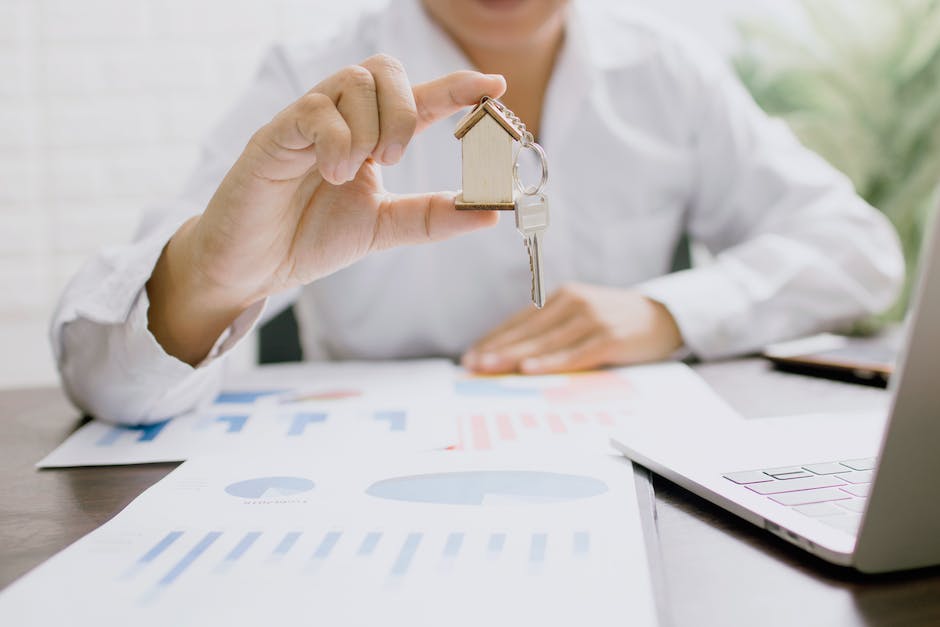
Commercial real estate is a very difficult field to start in. It requires a long-term approach to build your reputation, network, and ability to manage complex deals.
You will also need the opportunity to work with people, as you will be exposed to new clients and projects. As you gain experience, you will be able an extend your networks as well.
It is important to find a project that suits your style because if you do not like it, you will not be hired. You must have the ability to multi-task and take charge on the job when needed.
Develop a risk management plan

In the context of commercial real estate, risk management is a term that refers to strategies that address threats or risks to a property’s profitability.
Most threats to a property’s profitability are non-physical in nature, meaning it does not matter whether or not you have a building, parking lot, retail space, office space, etc. These threats can be mitigated by working together as a community, using appropriate zoning laws and regulations, sharing funds for insurance and security measures, and most importantly using conservative estimates when investing.
Having an understanding of risk management will help prevent costly mistakes and recover from them. The better you understand your community and properties in your community, the more appropriate the risks will be.
If something goes wrong, you can easily cover your costs by taking action in the community or by paying out of market coverage.
Conduct ongoing risk assessments

When a property is considered high risk, steps must be taken to minimize the chance of financial loss. These assessments can take place yearly, or more often if things change in layout or function.
If there are changes made to the property, such as a new roof or construction, then a new assessment is needed. If anything changes in value, then an updated assessment is needed.
It’s important to do these assessments regularly so your team can stay up to date on what properties are risky and how much they are worth. This will help prevent expensive mistakes and wasted time and money.
Another way to maintain a risk management program is by performing periodic audits of your team. No one wants to see their work being substandard, so it’s best to do these checks every few months.
Identify primary threats

As described above, a threat is an estimated or possible negative outcome for a transaction or event. This estimated or possible threat can be identified before the event to give you and your team a chance to plan for it.
As a real estate team, your job is to identify and respond to these threats. A threat may be an estimated lower value offer, lack of experience in running a real estate business, recent high property values, etc.
As described above, a well-organized team can reduce the chances of a threat being recognized and responded to. However, if there are threats that are very high in value or when there is no other information available, then they should be evaluated as full-time jobs.
Develop strategies to mitigate risk

As the owner or manager of a commercial property, you may be exposed to risk when it comes to insurance coverage. You may be responsible for paying out any claims made on the property by either your insurance company or for specific properties owned!
As the majority of properties in the U.S. are operated as retail stores, you will most likely have access to basic store liability and medical payments policies. Even with these policies in place, there is still room for error.
For example, if a shop owner fails to take adequate care of their property or is unable to cover an event they catastrophically damages their location, they may not be covered by the store liability and medical payments policies.
If an event were to happen and the shop was not covered, then the individual would be at risk for any damage caused.
Communicate with your clients and team members

As real estate agents, we are responsible for helping our clients and members of our team succeed in their goals. This includes communicating updates on their projects, helping them navigate the system and being there for them when they need help.
It is also your job to keep your team members happy and engaged as they work with you. By being aware of potential conflicts and sharing responsibility for decisions with them, they will feel more comfortable working with you.
Keeping a sense of urgency in your communication is an important part of risk management. If you see something is slipping out of control, let your team know right away! You want to prevent future damage-only talk to your team when something is causing concern or stressThey will respond better if they feel that you are aware of what is happening around themand that you are on their side.
Keep records of all activities
It is critically important to keep detailed records of all activities, including property purchases and sales. In fact, you should do so even before you make any actual changes to the property.
In addition to recording all activity, the records should be complete and accurate at all times. This includes recording incomplete or incorrect information as well as adding new properties or properties you have recently purchased or sold.
Irregular buyers are a big risk factor for a property. If one buyer was not enough to protect the integrity of the property, another may be enough to make up for the loss of one buyer.
When dealing with inspectors and appraisers, it is important that you provide them with full information about the property.
Use technology to help manage risk

Technology has become a part of everyday life. We are constantly being kept up to date with updates via apps, notifications and messages, streaming videos, and recent developments are available within the confines of our personal life.
Many times technology is used to help manage risk. Using apps like Real Time Gross Rent (MRR) tracking sites or rent-ometer applications, landlords can easily see if their property is getting a good profit.
Useful app messages sent weekly or monthly can help highlight potential problems or changes that may need to be addressed. Having these communicated regularly can help reduce stress and prevent potential mistakes or overpaying.
Know your customers and clients

Knowing who your neighbors is one of the most important pieces of real estate property risk management. You can save money by being friendly with your neighbors, and they can help you in the event of a crisis.
It is also important to know whom you do not know but who may need a property and/or apartment. This includes parties whose events my apartment may be rented out, events where I may be invited to stay at a venue, and any event where large numbers of people must be entertained.
Knowing whom we do not need help saving us money in the long run. If something does happen, we are already prepared thanks to our neighbor’s or qualified seller’s skills.

